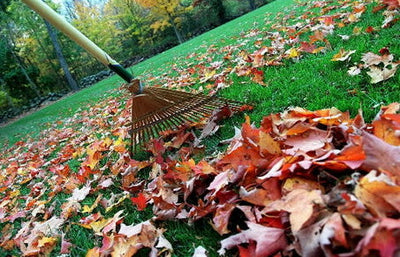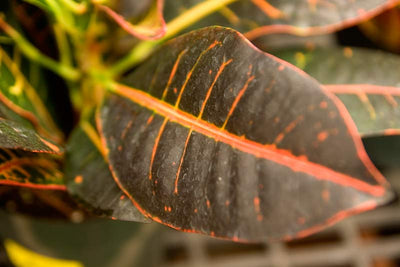$11.99
What is ‘Organic’?
Organic means that absolutely no synthetic chemicals (herbicides, pesticides, fungicides) or fertilizers may be used. Organic fertilizers and pesticides are derived from materials that occur naturally and are thus less harmful for both the environment and the user.
Benefits of Organic Gardening
- Obtain healthy organic produce
- Produce is tastier
- Healthier for garden users
- Child friendly
- Pet friendly
- Wildlife friendly – (butterflies, pollinators, birds, beneficial insects)
- Improved plant health and resilience
- Improved soil quality – (organic matter content, drainage, water-holding capacity, texture, microbial activity)
- Improved lawn health and resilience
- Reduce chemical use
- Reduce risk of chemical contamination
- Support a healthy ecosystem
Healthy Soils
Healthy soils equal healthy plants, it is as simple as that. A healthy soil is full of life including worms, fungi and bacteria that all help ensure plants are able to obtain what they need. The best way to amend your soil is to periodically apply organic matter (compost, leaf mulch, rotted manure), as this will break down and both feed the soil and improve soil texture and structure. Good soil texture/structure allows soils to be more drought resistant as their water-holding capacity increases; more tolerant of flooding as their drainage improves; and more fertile as their ability to retain nutrients and fertilizers increases.
Try to reduce any unnecessary digging as this can upset the diverse life within soils. How? Apply mulches or plant cover crops to suppress weeds and help soils retain nutrients and avoid runoff. Avoid any foot traffic on soils in early spring whilst soils are wet and heavy, as this will cause compaction.
Be aware that conventional pesticides will harm your soil microflora and conventional fertilizers do nothing to improve soils.
$9.99
$4.99
$10.99
Prevention, Diversity & Garden Health
Alter your gardening methods to help minimize problems; i.e. growing the right plant in the right place, practicing crop rotation, selecting resistant varieties, nurturing a diverse ecosystem. Try to select plants that are adapted to your garden conditions- light levels, soil fertility, soil structure and climate. If you want to grow something that is not suited try to alter the environment; i.e. if garden beds are in shade, plant in a pot and select a sunny location; if the soil is too compacted, plant in a raised bed; or if plants are borderline hardy select a sheltered location or microclimate. Crop rotation helps avoid any disease occurrence in the soil and pest infestations, whilst new cultivars and grafted plants can contain disease resistance. A diverse garden that is untreated with chemicals will sustain more beneficial and predatory insects and other wildlife. Do not always assume when you spot an insect that is harmful, as only 1-3% of insects cause damage. Try adding some native plants or herbs to your garden, practice cutting down your perennials in the spring and allow a few small areas to grow a little wilder for shelter.
$9.99
$11.99
How to start?
- Use organic fertilizers
- Use organic pesticides (if necessary)
- Eliminate use of synthetic pesticides
- Eliminate use of synthetic fertilizers
- Apply compost/organic matter/leaf mulch
- Amend soils
- Support beneficial insects/birds
- Grow native plants
Come and speak to one of our qualified staff members at our Plant Help Desk for advice on switching to organic gardening methods and learn about organic products that are suitable for your use.




















































